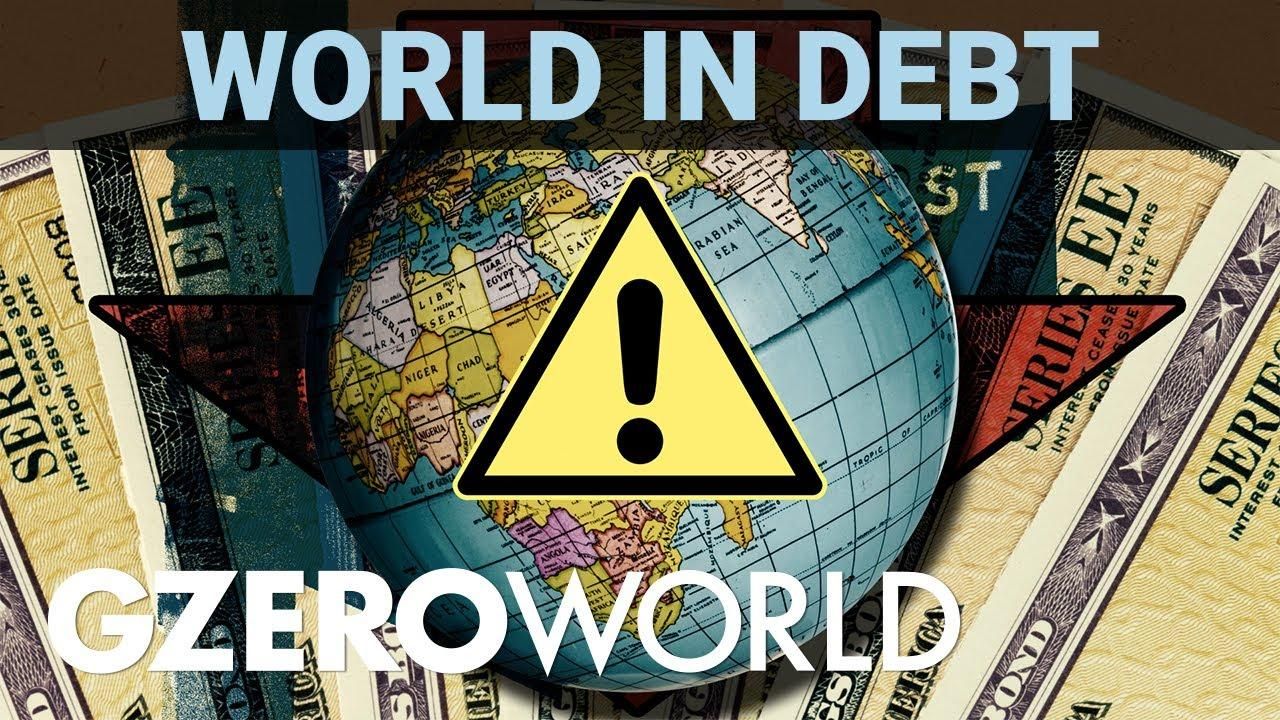Explaining the long history of US debt (& which other countries are saddled with debt)

Sovereign debt is, simply put, the money a country owes to its creditors around the world. Ian Bremmer explains a few more fun facts about debt on GZERO World.
Good old Ben Franklin once quipped, “Rather go to bed without dinner than to rise in debt.” Well, America didn’t exactly heed that advice, because never in its history did the US hit the hay hungry. In fact, the nation ended the Revolutionary War years about $75 million in debt.
US debt hit the billions by the time the Civil War was over, and was at $22 billion after World War One.
Nowadays, we’re talking trillions with a “T” of course, and public debt was at 115% of GDP last year in America. You don’t have to be an accountant to know…there’s a fair amount of red ink on that balance sheet.
America isn’t alone on Debtors Island. Based on the International Monetary Fund’s 2021 data on the top six global economies in 2021, Japan leads the pack with debt standing at 221 percent of their GDP, followed by Italy, and then the U.S-of A. The UK comes in 4th, followed by France and Germany. China is probably somewhere high in that mix, but the IMF can’t say for sure because, unsurprisingly, Beijing isn’t too forthcoming with their data.
And if the COVID pandemic taught us anything, it’s that when China pretends a problem doesn’t exist, everything works out just fine.
Watch the GZERO World episode: Sen. Mitt Romney on DC dysfunction, Russian attacks, and banning TikTok
- US debt hits record: Should you worry? ›
- Who will cave on raising US debt ceiling (again?) ›
- The state of the global economy is … not good ›
- Welcome to the global economy in 2023 ›
- Podcast: Fix the global debt crisis before it's too late, warns World Bank's David Malpass - GZERO Media ›
- US government shutdown: No end in sight - GZERO Media ›